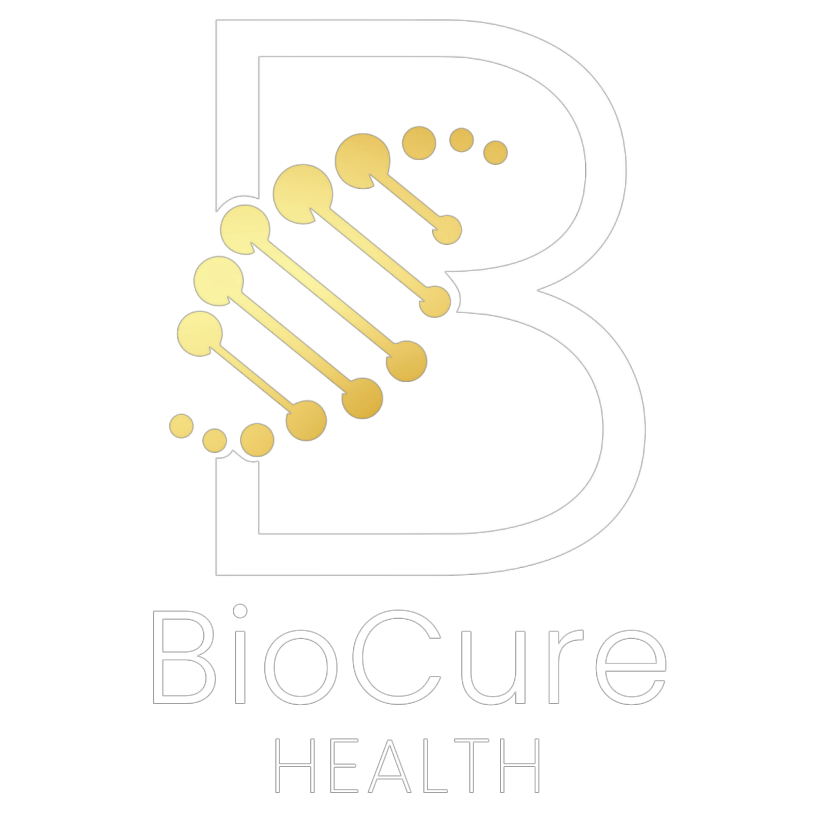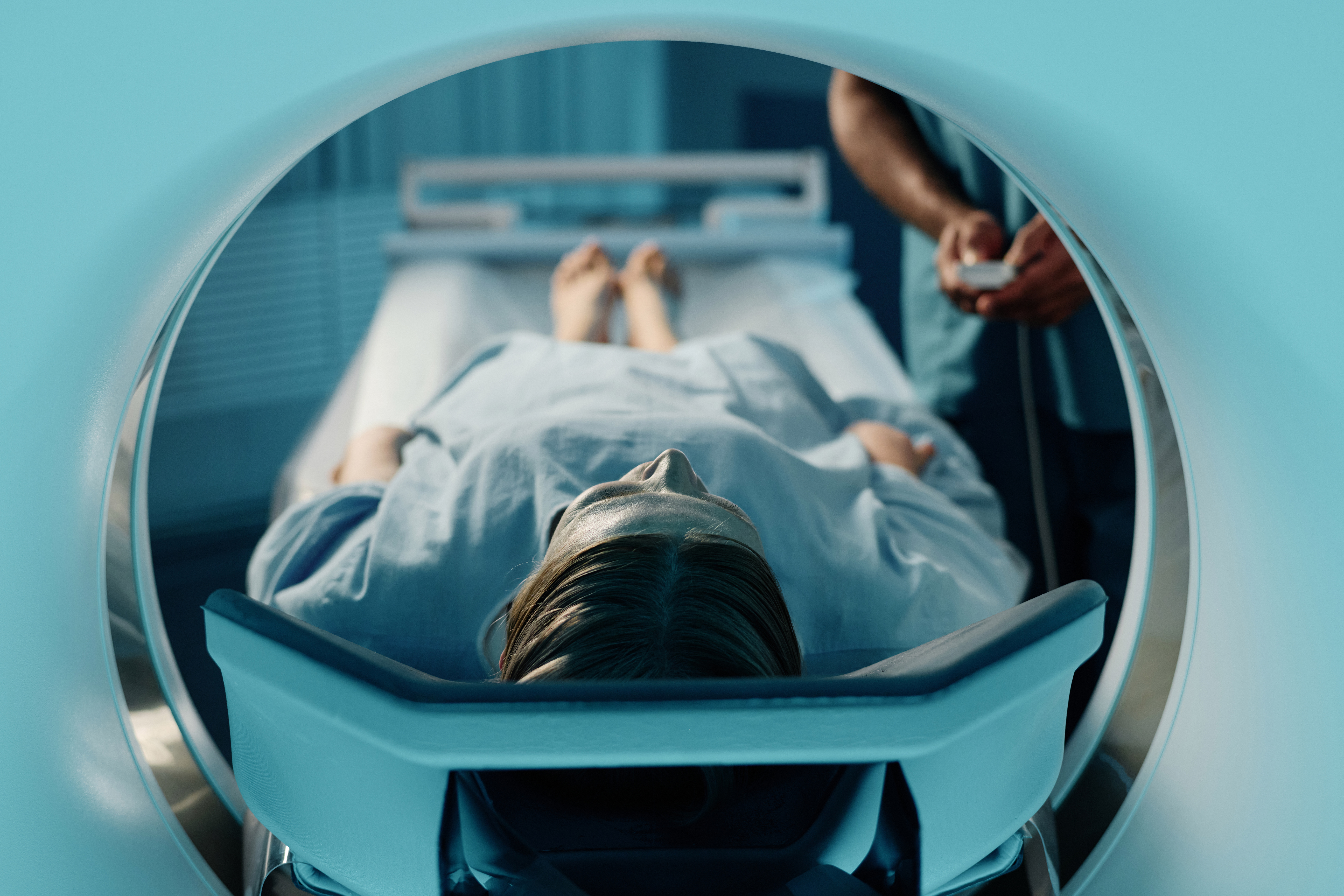Technological advances in the last two decades have made it easier than ever before to check and optimize one’s hormone levels. This has been especially important in diagnosing men with low testosterone levels and getting them the right treatment to bring balance to their hormones. However, testosterone replacement therapy (TRT) alone doesn’t mean everything is under control. Everyone’s situation is unique and therefore, monitoring testosterone levels as well as all other components of our patients blood, after therapy is essential. In this blog, we will discuss why TRT is needed and why follow-up blood work is crucial.
What Is Testosterone Replacement Therapy?
Testosterone replacement therapy (TRT) is an FDA-approved treatment for men with hypogonadism or low testosterone levels. It most often comes in the form of gels, patches, injections, or pellets administered under the skin. (although we recommend injections, more below).
Why TRT is Sometimes Needed
As we age, it’s normal for the production of testosterone to become less effective. Testosterone levels usually decline by one percent a year after the age of 30. Once men reach around the age of 45-50, symptoms of reduced testosterone become more notable. This may include:
- Chronic fatigue
- Reduced muscle mass
- Reduced or nonexistent sex drive
- Difficulty getting or maintaining erections
- Noticeable hair loss
- Lower endurance and strength
- Reduced work capacity
- Problems with memory or focus
Although it’s natural for testosterone production to decline as we age, young men can experience low testosterone from poor lifestyle habits or genetics. No matter how old you are, if you regularly experience any of the symptoms listed above it may be time to get your testosterone levels checked.
If you think you may have imbalanced hormone levels, our team at BioCure can provide Testosterone Replacement Therapy to help you achieve maximum vitality and performance. You may also be interested in our Testosterone Replacement Therapy, keep an eye out for this BLOG.
Why Follow-Up Blood Work Monitoring is Necessary
Similar to how patients who get medical procedures, or start a new prescription protocol, are required to have a follow-up visit, patients who have undergone TRT also need a follow-up visit.
In these visits, healthcare professionals will monitor a variety of things to ensure that overall health is optimal and that the treatment is working. While it may differ from patient to patient, generally, follow-up visits check your:
- Red blood cell count
- Testosterone levels
- Other sex hormone levels (ie Estrogen, LH, Prolactin, etc)
- Signs of side effects
- Prostate-specific antigens
Monitoring blood work and other essential hormones ensures that everything is going safely and effectively. Lab results will be reviewed with you, so you know what’s happening every step of the way. In addition to personally going over results with you, our team at BioCure can also provide Detox Programs, Peptide Therapy, advanced Hormone Testing, and other Testosterone Restoration Protocols.
Bring Balance to Your Hormones
Low testosterone levels can lead to an inactive lifestyle and hinder you from reaching your full potential. For a boost to your energy, sex drive, and overall physical/mental performance, look no further than BioCure. Our team has vast experience and knowledge in regulating hormone levels and vitality care. For more information on how we can help you increase your testosterone levels, please contact us today to set up an appointment.







